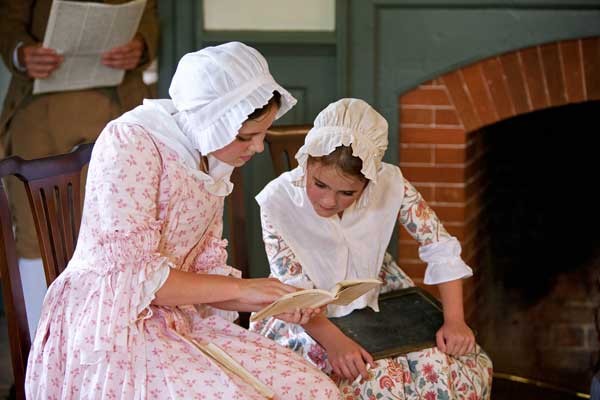 Colonial Williamsburg welcomes homeschoolers with special programming and 75% off regular admission prices September 12-27 (but please register in advance!). It’s a nod to the boom in home schooling, but also to where most learning happened in the 18th century.
Colonial Williamsburg welcomes homeschoolers with special programming and 75% off regular admission prices September 12-27 (but please register in advance!). It’s a nod to the boom in home schooling, but also to where most learning happened in the 18th century.
So how do today’s home schools hearken back to that era long ago?
In colonial Virginia, children of the gentry attended formal schools. Some of the upper crust attended college; a few of the elite went abroad, typically back to England, to complete their education. But for most, learning occurred in the household, amidst the farming, washing, cooking, and other everyday tasks.
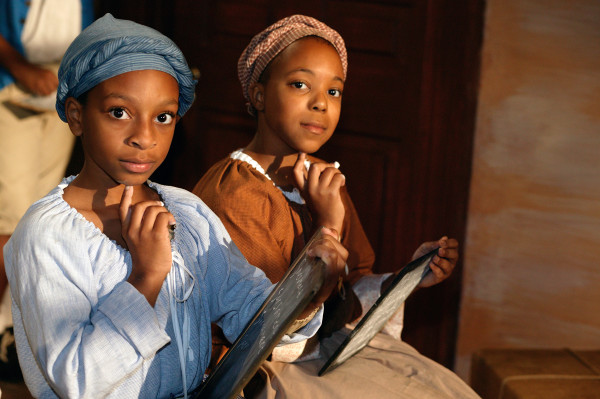 Reading and writing were generally encouraged by the mid-1700s in Virginia. Some enslaved persons were taught these basic skills as well. Laws forbidding slave literacy came much later as fears of organized slave rebellion rose. Ciphering, or rudimentary math, was particularly important for children who would need to run a plantation when they grew up.
Reading and writing were generally encouraged by the mid-1700s in Virginia. Some enslaved persons were taught these basic skills as well. Laws forbidding slave literacy came much later as fears of organized slave rebellion rose. Ciphering, or rudimentary math, was particularly important for children who would need to run a plantation when they grew up.
But the extent or intensity of a child’s education was at the discretion—and according to the means—of the family. Boys received more education than girls. Children born into slavery rarely received any education.
Virginia’s 1727 “poor law” gave clues to general expectations for education. If parents were judged to be following a “disorderly course of life” and failing to take care of a child’s education, the government could step in and turn the child over to the local churchwarden, who would most likely bind out the child as an apprentice. It’s not clear how often that actually occurred.
A Virginia statute from 1656 said that orphans should be educated in proportion to their family’s estate. In other words, they were supposed to receive the education necessary to ensure that they would be in a position to preserve their position without becoming a burden to society. Note the absence of any idealistic notions about learning for its own sake.
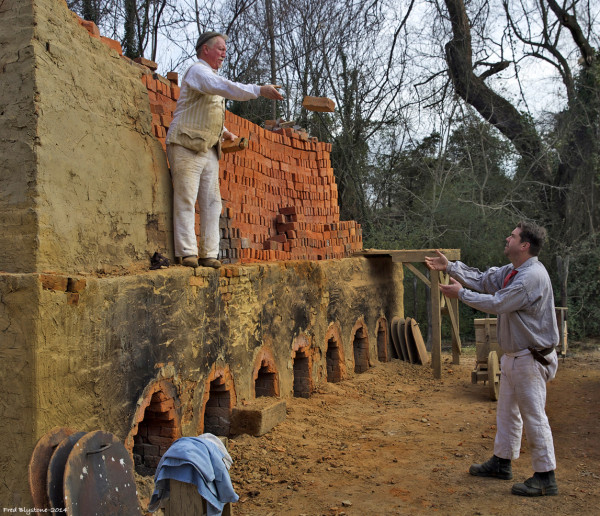 The most common alternative to home schooling was apprenticeship to a trade. An apprentice would typically be bound to his or her master for a set period years or until the age of 21, and required to faithfully obey him. In return, the master would be required to train the young person the mysteries of his craft, of course, but also to make sure the apprentice learned to read and write.
The most common alternative to home schooling was apprenticeship to a trade. An apprentice would typically be bound to his or her master for a set period years or until the age of 21, and required to faithfully obey him. In return, the master would be required to train the young person the mysteries of his craft, of course, but also to make sure the apprentice learned to read and write.
The contract spelled out the exact terms. One 1770 apprenticeship indenture in Colonial Williamsburg’s collection, for example, required the master to send his student on his way with two suits, a Bible, and 33 dollars.
Every day, Colonial Williamsburg offers a wealth of educational opportunities. So whether you are coming for Home School Days or college is a distant memory, what kind of curriculum will you create for yourself?
English
Biology
Political Science
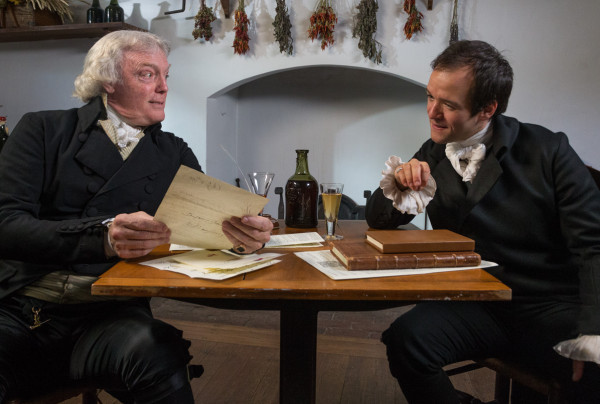
Home Economics
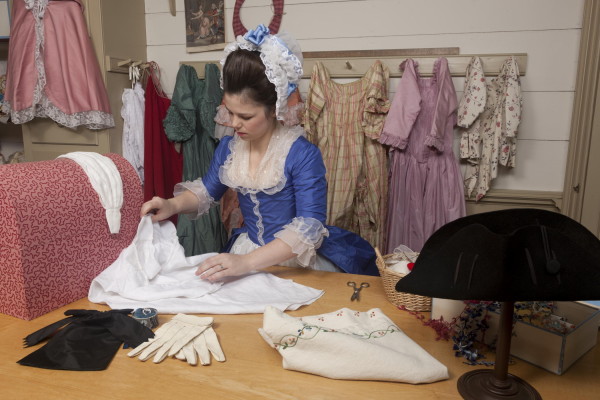 Math
Math
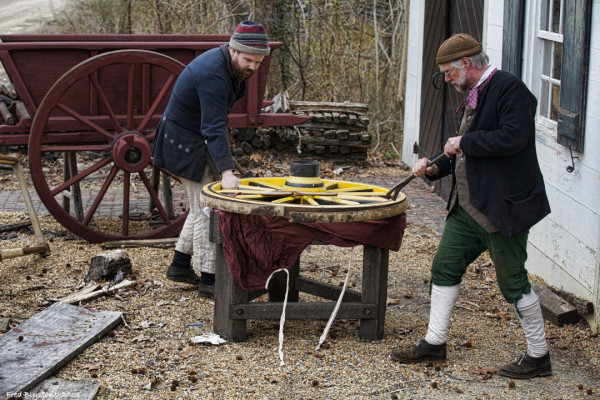
Chemistry
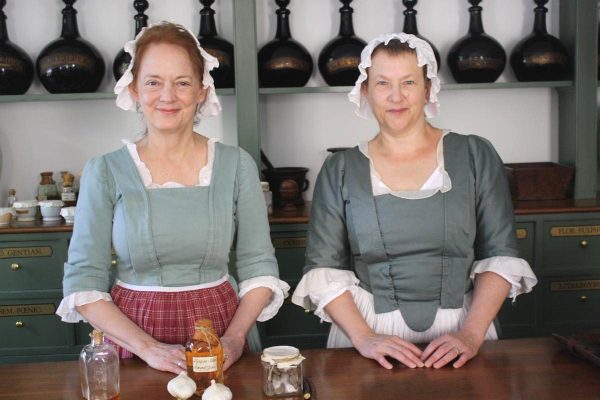
History
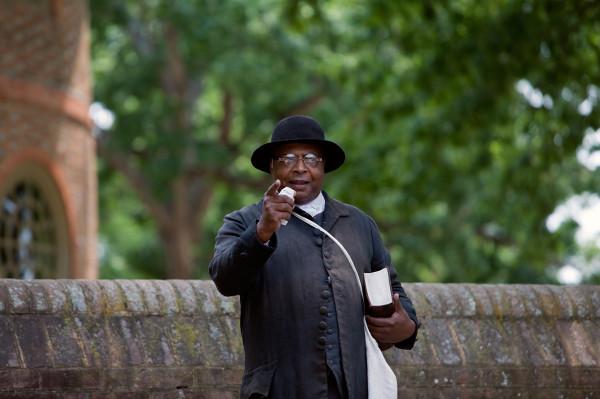
Physical Education
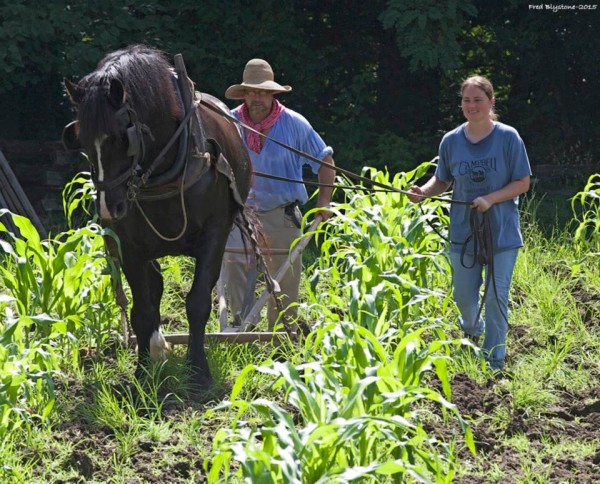
Home School Days give students and their families the best of both the 18th century and today: the opportunity to design your own curriculum, to stumble across the unexpected, and to learn from some of the greatest experts in their field—from Jefferson to the joiner.
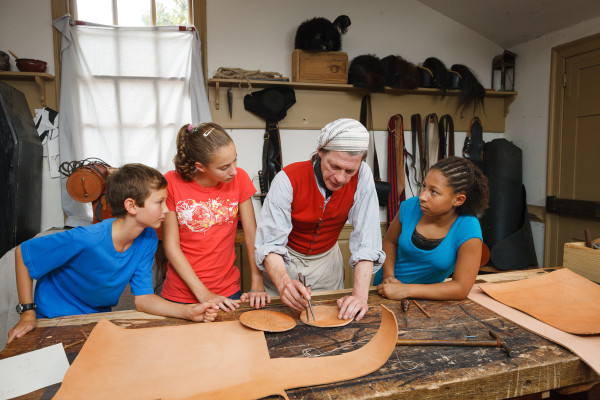 Can’t make it this fall? Remember, it’s not too late to save the date for the Spring Home School Days, which begin February 27 and run through March 6, 2016.
Can’t make it this fall? Remember, it’s not too late to save the date for the Spring Home School Days, which begin February 27 and run through March 6, 2016.
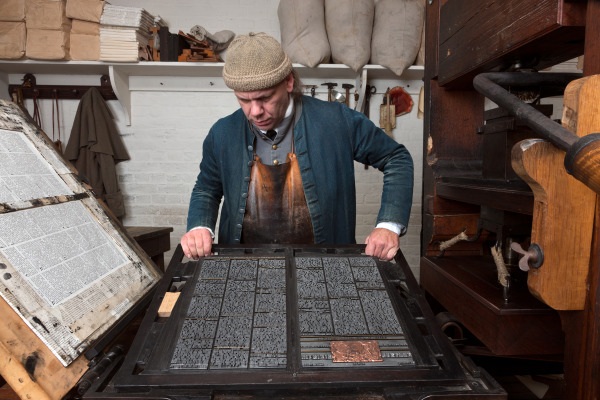
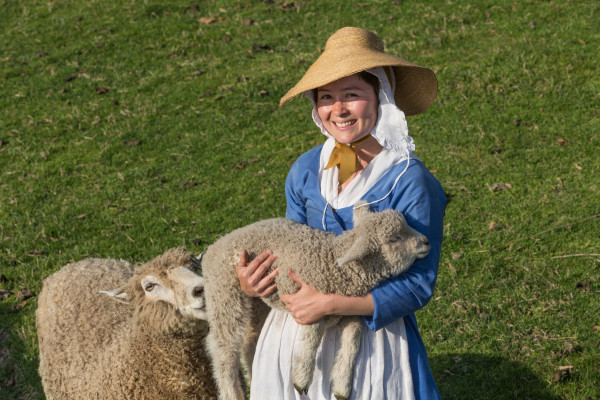
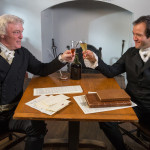
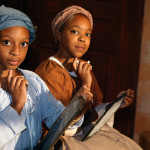
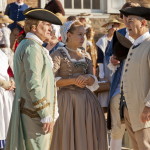
Muchas Gracias. Por Ayudarme